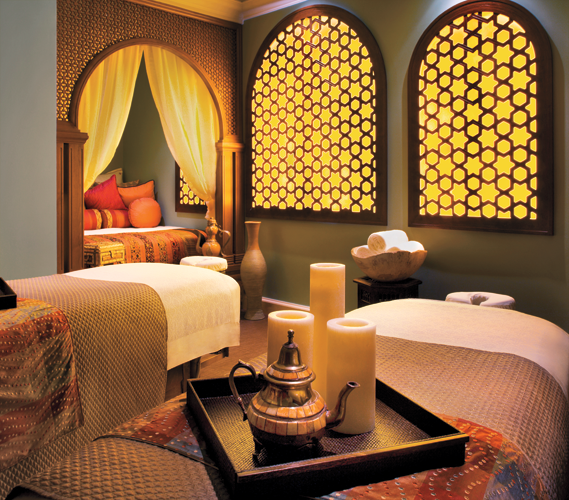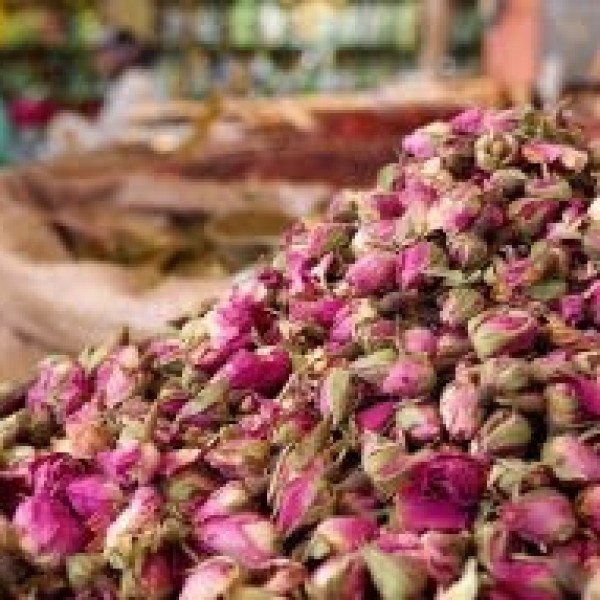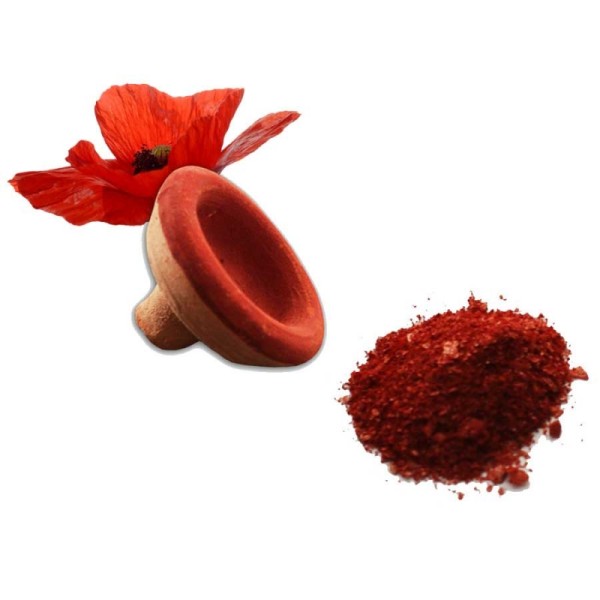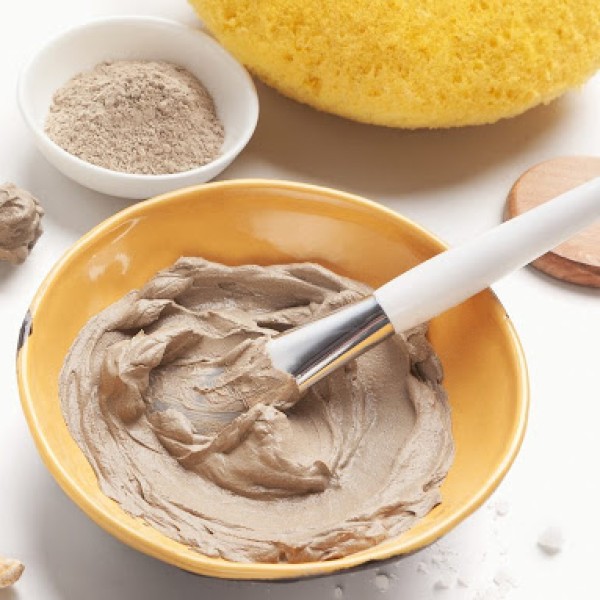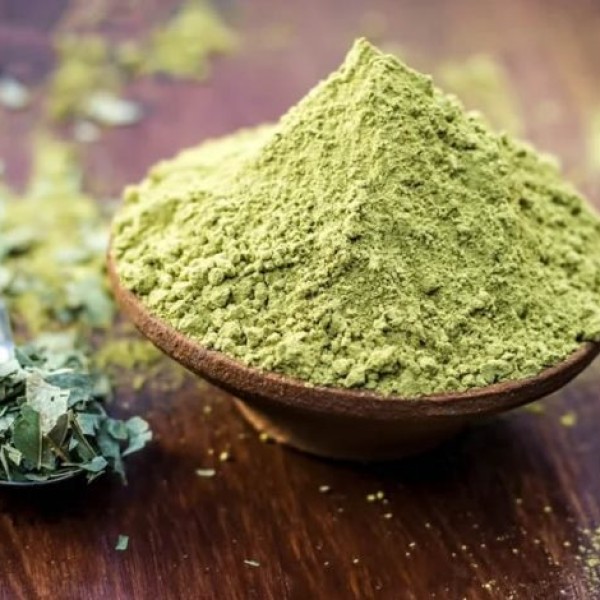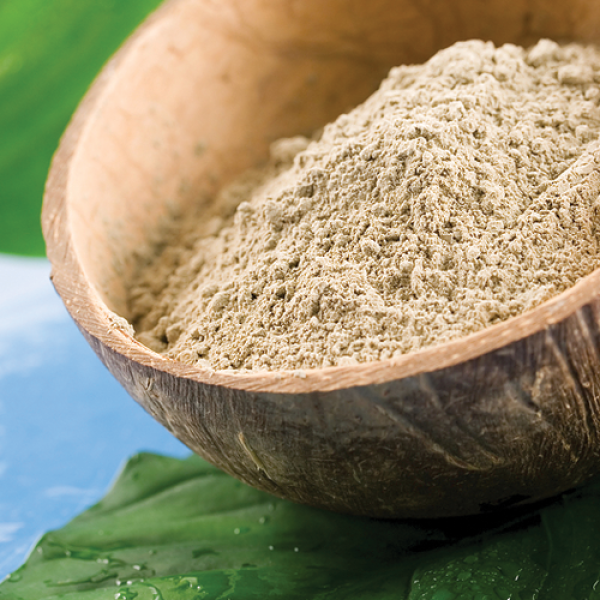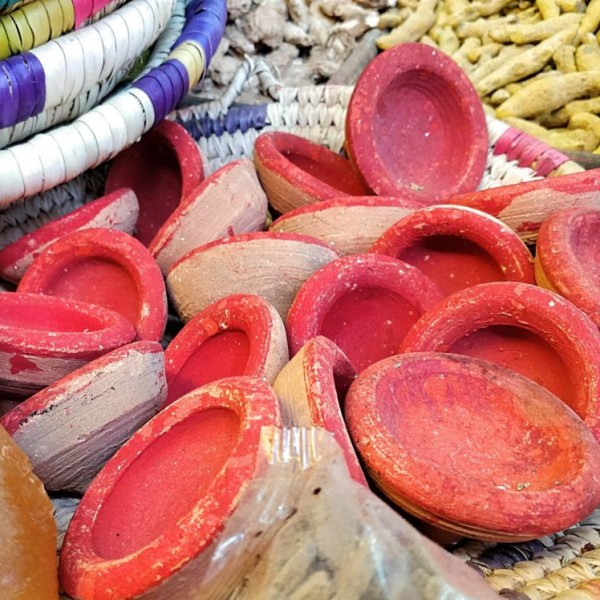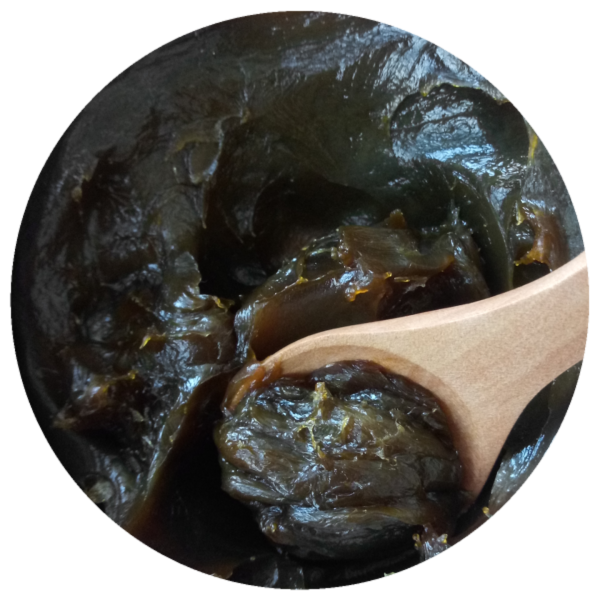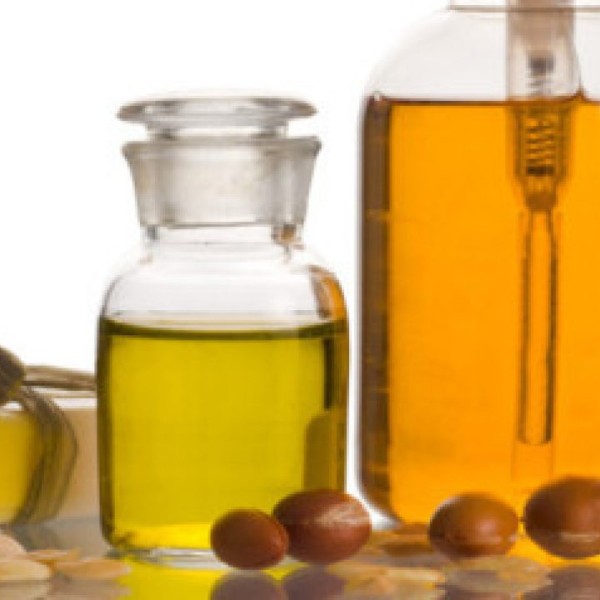Moroccans have long used natural products to purify and beautify. Traditional beauty secrets include ingredients ranging from essential oils to native plants.
Morocco is a land of diverse nature and beauty. It offers “wanderlust” landscapes from historical to modern, colorful cities and a shimmering sea that hugs its coast from Tangier in the North to Guererat in the South. Magnificent mountains stretching throughout the country and cascading waterfalls will bring you comfort and peace, not to mention the golden colors of Moroccan desert sands.
Morocco’s charm and warmth do not stop at its landscapes and natural wonders. It extends to the Moroccan people and their own unique perspective on beauty.
Purification and cleanliness are deeply rooted in religion, and cleansing both the body and spirit is an essential Moroccan custom. Many traditional beauty rituals derive from this.
This is also why Moroccans make a great deal of frequenting the “hammam,” or traditional Moroccan bathhouse, for deep cleansing, exfoliation, skin treatments, and other body care such as purifying massages and masks.
These are the most essential of the natural Moroccan cosmetics created and proven effective by local women. They will definitely benefit your own beauty rituals.
Rosewater and rose oil
Local women prepare rosewater in Morocco’s oasis valley “El kelaa M’gouna,” commonly known as Valley of the Roses. Every morning, women that live in the valley go to the fields to pick Damask roses.
They crush, steam, and distill the rose petals, creating oil vapor and water vapor. They then cool the steam, yielding both rose oil and rosewater.
The value of these products goes beyond their beautiful scent. Moroccans use rosewater for cleansing and hydrating purposes, to soothe and tone the skin. It can serve as a makeup remover as well as an anti-aging serum.
Rosewater can also help treat acne and balance the skin’s pH, just by spraying it on a cotton pad and gently dabbing it on the affected area or spraying it directly onto the skin. The water can also soothe the eyes and calm inflammation.
You can also spray rosewater directly on dry or damp hair to keep it soft, hydrated, and frizz-free.
Argan oil
Argan oil comes from the seeds of the Argan tree, which grows almost exclusively in southwest Morocco. The oil comes in two forms, edible and cosmetic.
Aside from its physical health values, argan oil has marvelous beauty benefits. Moroccan women have incorporated argan oil in their beauty routines for centuries to improve skin, hair, and nail health.
Moroccans apply argan oil directly on the skin to treat everything from eczema and psoriasis to wrinkles and hair loss.
Argan oil is a great moisturizer thanks to its high level of vitamin E, which is why you can find it in many common beauty products such as lotions, soaps, and hair conditioners.
The oil contains a significant amount of vitamins and antioxidants, as well as antibacterial and anti-inflammatory properties. This is great for treating wounds, healing skin infections, countering acne, and addressing other skin conditions.
Argan oil can help restore the skin’s elasticity and leave it feeling plumper and softer, making the oil a great anti-aging product.
Ghassoul clay
“Ghassoul,” or “rhassoul” derives from the Arabic verb “rassala,” which means “to wash.”It is a natural mineral clay, mined from the Moroccan Atlas Mountains.
Moroccan women use ghassoul as part of their hammam ritual, applying the substance to their skin and hair, leaving it for approximately 15 minutes, then rinsing it off with warm water.
Ghassoul has cleansing, soothing, absorbing, and regenerative properties that come from its plentiful vitamins, minerals, and trace elements. These include iron, zinc, magnesium, phosphorus, and silicon.
The natural clay can open up dead cells and cleanse pores by removing dirt. This purifies the skin, turning it smoother and softer.
Beldi Soap
“Beldi”soap, or Moroccan black soap, is a high-alkaline castile soap with a gel-like consistency, made from olive oil and macerated olives. This substance is also part of Moroccans’ traditional hammam skin treatment ritual.
Locals use the multipurpose soap to cleanse, moisturize, and exfoliate the skin with the help of a coarse fabric washcloth, or “kessa,” which is used to remove dead skin cells.
It is rich in vitamin E which helps in purifying and moisturizing the skin, as well as fighting against dullness, aging, and dehydration. It is suitable for all skin types, especially dry and mature skin.
Henna
Henna is derived from a plant that grows in the Mediterranean area. It can be found in Morocco’s traditional “souks” and its more modern markets.
The leaves of the henna plant are ground to form a fine powder, which is then mixed with water to create a thick, mud-like paste.
Using Moroccan henna is a very popular tradition in the country. Women of all ages wear it during special celebrations and holidays such as weddings, engagement parties, “sboua,” which is the local version of a baby shower, and Eid.
You can also mix Amazigh tint with henna to make a hair mask that will increase shine and softness. When added to ghassoul clay, it enhances the skin’s clarity and creates a natural, brightened, and soft complexion.

